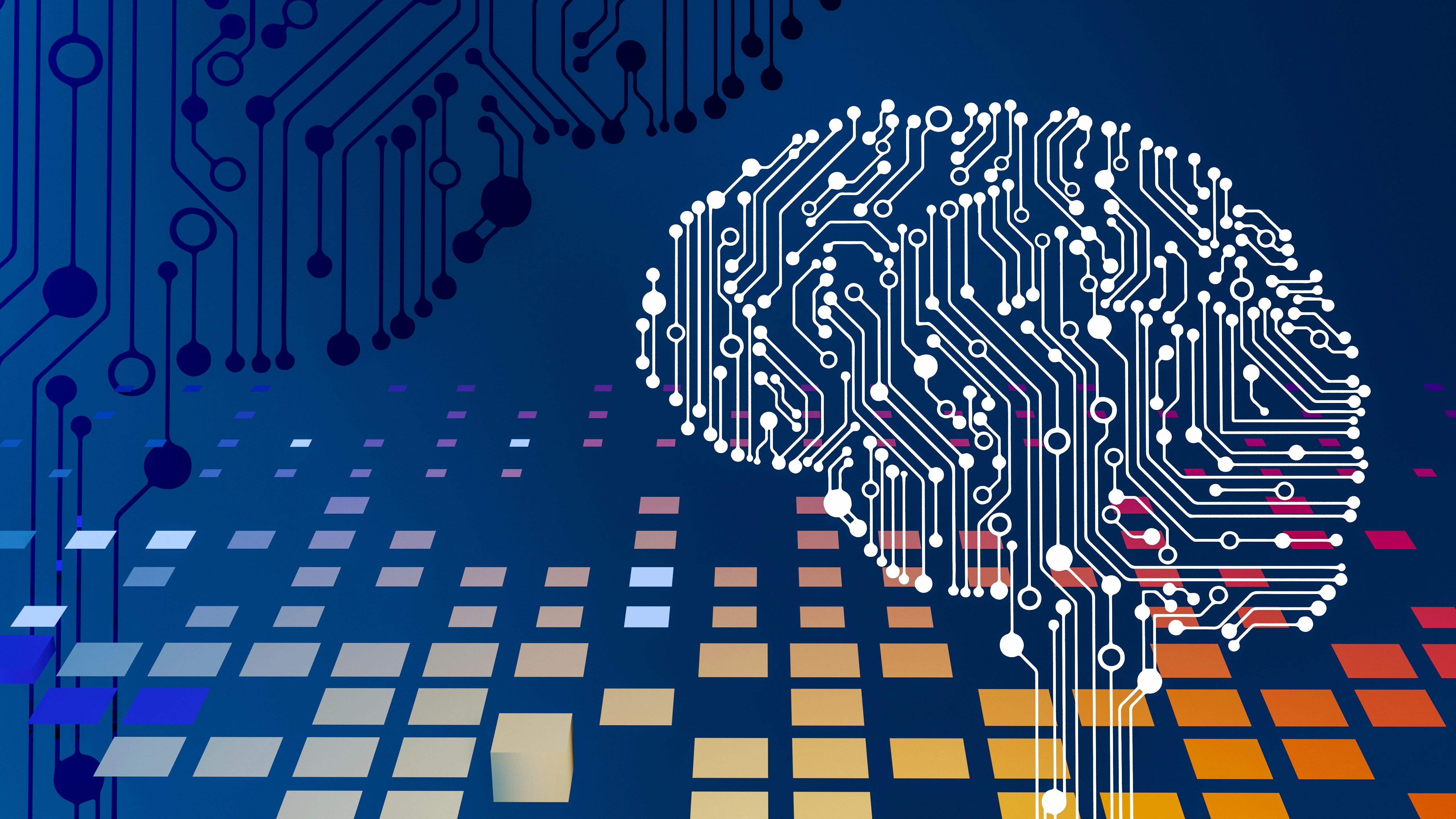The Rise of Artificial Intelligence in HR Management: Navigating Opportunities and Challenges
Brainbox
( article on website - click here )
In an era marked by technological breakthroughs, the integration of Artificial Intelligence (AI) into Human Resource Management (HRM) is reshaping the landscape of talent acquisition, employee engagement, and organisational efficiency. As AI becomes more prevalent in HR processes, professionals face the task of harnessing its potential while mitigating challenges to ensure a harmonious coexistence between technology and the human touch.
👨💻AI-Powered Recruitment:
 One of the most transformative aspects of AI in HRM is its role in the recruitment process. Automation tools, powered by AI algorithms, can
sift through vast amounts of data to identify potential candidates, streamlining the hiring process. However, HR professionals must balance
the efficiency gains with the need for human insights in assessing cultural fit, soft skills, and emotional intelligence.
One of the most transformative aspects of AI in HRM is its role in the recruitment process. Automation tools, powered by AI algorithms, can
sift through vast amounts of data to identify potential candidates, streamlining the hiring process. However, HR professionals must balance
the efficiency gains with the need for human insights in assessing cultural fit, soft skills, and emotional intelligence.
The challenge lies in creating a recruitment process that seamlessly integrates AI tools while preserving the human elements crucial for successful team dynamics.
🙋Enhancing Employee Experience through AI:
AI is increasingly being utilized to enhance the overall employee experience. Chatbots and virtual assistants powered by AI can provide real-time support, answer queries, and facilitate onboarding processes. While these tools enhance efficiency, HRM must ensure that employees do not feel disconnected or dehumanized. Striking the right balance between automation and personalized human interactions is imperative to create an employee-centric workplace culture.
📈Data-Driven Decision Making:
AI enables HR professionals to leverage big data for more informed decision-making. Predictive analytics can assist in identifying trends related to employee performance, turnover, and engagement. However, the ethical use of employee data and privacy concerns are significant challenges. HR departments must establish robust data governance policies, ensuring transparency and accountability in the use of AI algorithms to make decisions that impact the workforce.
✍Skill Gaps and Workforce Reskilling:
As AI technologies evolve, the demand for new skill sets emerges. HR professionals are tasked with identifying skill gaps within their organizations and implementing effective reskilling programs. The challenge lies in aligning these programs with current and future needs, ensuring that employees remain adaptable in a rapidly changing technological landscape. HRM needs to facilitate a culture of continuous learning and provide resources for employees to acquire the skills necessary to thrive in an AI-driven workplace.
⚖️Ethical Considerations in AI Implementation:
The ethical implications of AI in HRM cannot be overlooked. Bias in algorithms, lack of diversity in training data, and the potential for discriminatory outcomes pose serious challenges. HR professionals must actively work to identify and mitigate biases in AI systems, promoting fairness, transparency, and accountability. Establishing ethical guidelines for AI implementation and regularly auditing algorithms for unintended consequences are essential steps in ensuring the responsible and equitable use of AI in HRM.
The integration of Artificial Intelligence into Human Resource Management heralds a new era of possibilities and challenges. HR professionals play a pivotal role in navigating this transformation, ensuring that AI enhances rather than replaces the human aspects of their work.
By addressing challenges related to recruitment, employee experience, data-driven decision-making, workforce reskilling, and ethical considerations, HRM can embrace AI as a valuable ally in building a future-ready and ethically sound workplace.
For more information about the contents of this article please contact Tony Friday of Brainbox at tony@brain-box.com.au

